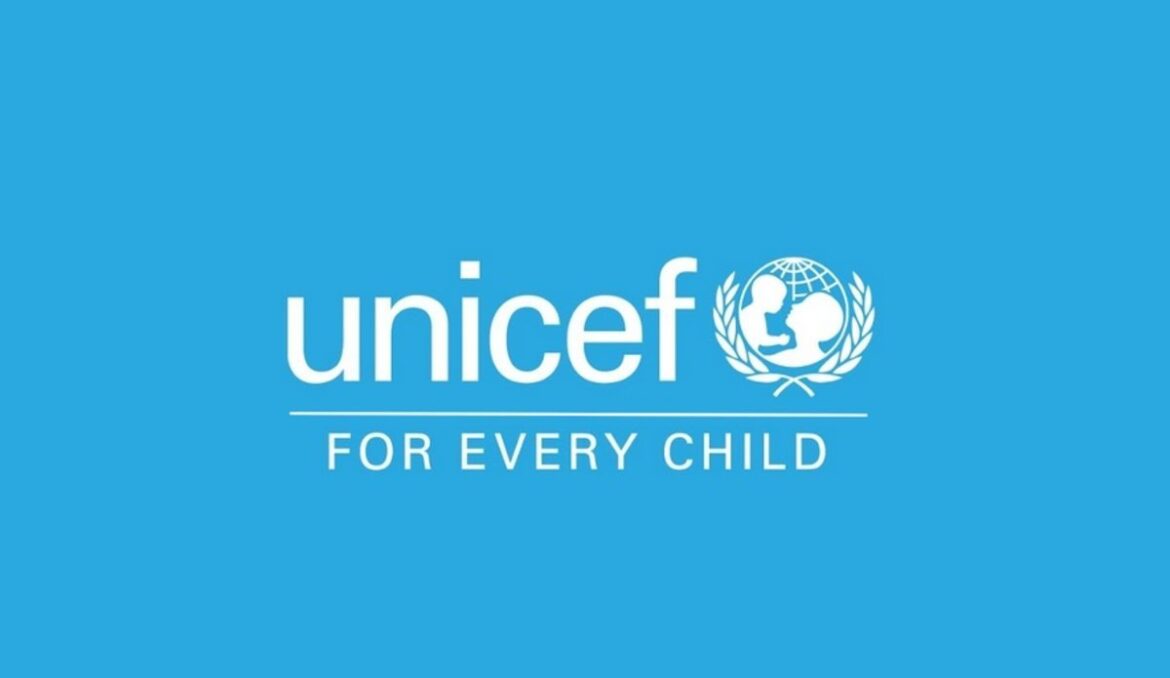By Muhammad Amaan
The United Nations Children’s Fund (UNICEF) has pledged continued support to improve financing and sustainability for Nigeria’s Water, Sanitation, and Hygiene (WASH) sector.
The fund’s Chief of WASH, Dr Jane Bevan, made the pledge during a courtesy visit with her team to the Minister of Water Resources and Sanitation, Prof. Joseph Utsev in Abuja.
Bevan emphasised UNICEF’s dedication to enhancing WASH systems, institutional practices, and eliminate open defecation nationwide.
She said the Federal Government and UNICEF had been into partnership in the WASH sector since 2018, noting that the effort achieved notable milestones, including the construction and rehabilitation of numerous boreholes.
According to her, support for Open Defecation Free (ODF) communities, and providing safe drinking water to millions of Nigerians is ongoing.
Through this partnership, Bevan said, millions have gained access to basic sanitation services, while thousands of schools and health centres equipped with WASH facilities.
Outlining UNICEF’s strategic objectives from 2023 to 2027, Bevan highlighted the focus on continued investment in WASH financing, sustainability, and sector coordination.
She added that efforts would be strengthened in communities, local government units, and state agencies responsible for rural water supply and sanitation.
In response, Utsev reaffirmed Federal Government’s commitment to collaborate with UNICEF, highlighting ongoing consultations with state governments and investors to expand grassroots WASH projects.
He disclosed plans for the WASH Sustainability Check meeting and implementation of the WASHNORM IV Survey, urging stakeholders to expedite the process in collaboration with the National Bureau of Statistics.
The minister underscored the significance of achieving the Sustainable Development Goal (SDG) 2030 targets for WASH projects across Nigeria, ensuring maximum benefits for the populace.
According to UNICEF, there are concerns over the loss of 25 per cent of annual investments in Nigeria’s water and sanitation sector.
This setback, the UN body says, is attributed to inadequate operation and maintenance, coupled with infrastructure dysfunction.




